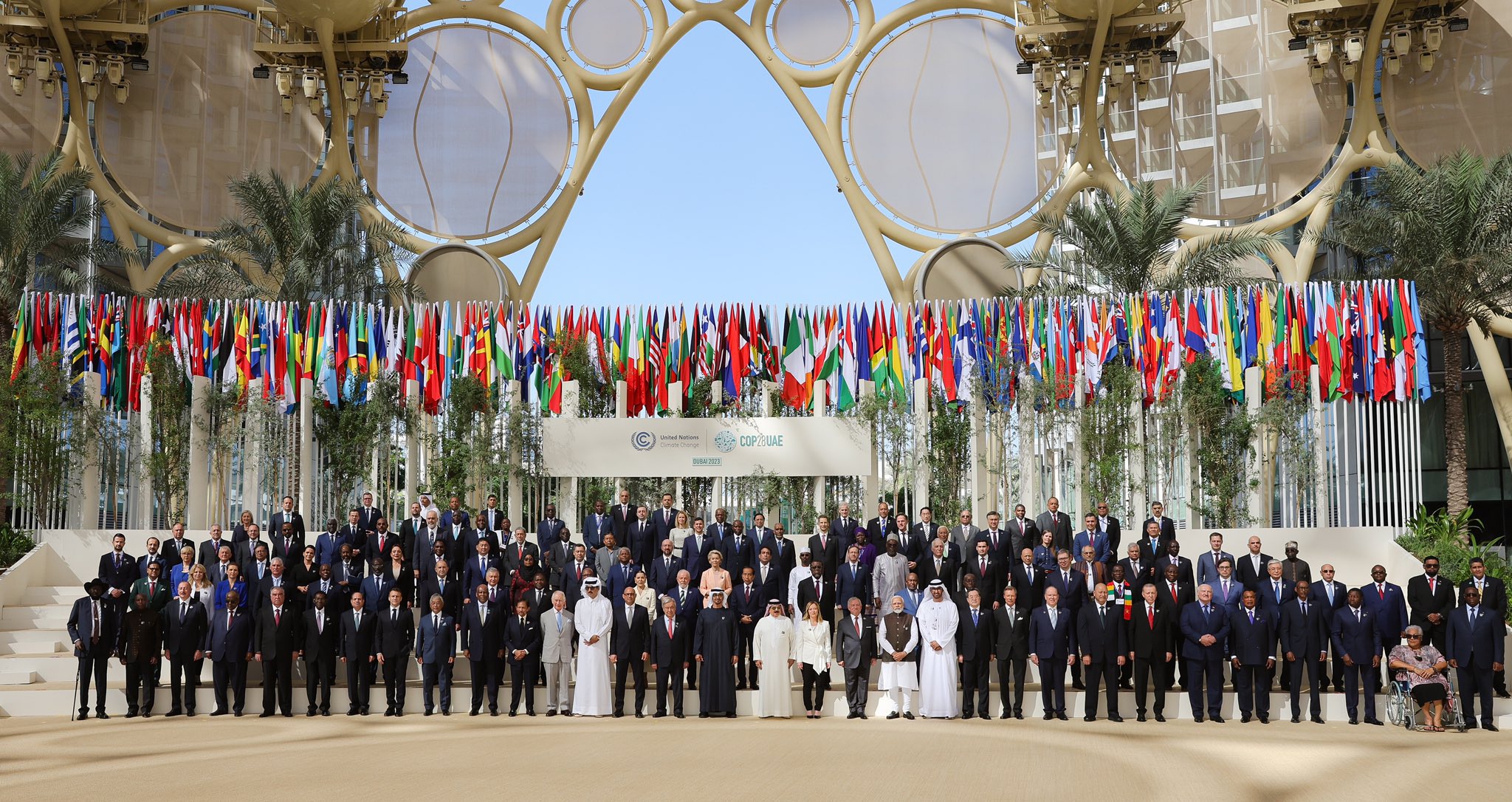
Closing the First Week of COP28
The COP Presidency may be reflecting on a week of significant achievements and notable challenges. The operationalization of the Loss & Damage Fund stands out as a milestone, signaling a commitment to addressing the impacts of climate change. This year’s event has also widened its scope, shedding light on critical policy areas such as health, agriculture, and clean cooking, showcasing the interconnectedness of climate issues with broader societal concerns.
While much progress has been made, there have also been some disagreements. Some people have criticized the COP President’s comments about phasing out fossil fuels, but these seem to be part of a broader disagreement about the text of the Global Stocktake (GST). The complicated discussions about phasing out fossil fuels highlight the challenges of negotiating an agreement that everyone agrees on.
The ongoing discussions about Article 6 are still a major part of COP28. Before the closing meeting of the Subsidiary Bodies (SBSTA and SBI), UNFCCC Executive President Simon Stiell stressed the importance of increasing ambition and asked governments to give clear instructions to their negotiators. The request for a strong statement that ends the fossil fuel era shows the urgency felt by the climate community.
In a revealing turn, Simon Stiell’s remarks from the closed roundtable event on voluntary carbon markets add another layer to the conversation, While the event was not open to the public, insights into Stiell’s comments provide a glimpse into the nuanced discussions taking place behind closed doors.
Stiell stated that voluntary carbon markets could be a key tool in the fight against climate change, but emphasized that they must be used in a way that complements, not substitutes for, other climate mitigation efforts.
Stiell highlighted the potential of voluntary carbon markets to accelerate the transition to a low-carbon economy. He specifically mentioned the need for new project types in agriculture, power storage, retiring fossil fuel assets, green hydrogen, green buildings, and electric mobility.
The UNFCCC Executive President also stressed that voluntary carbon markets must be built on solid ground and that they must not undermine national climate action plans or private sector efforts to reduce emissions.
He emphasized the need for confidence in carbon markets, stating that they must be trusted and recognized as valid solutions by businesses, governments, and civil society.
To ensure the integrity, credibility, and transparency of voluntary carbon markets, Stiell also called for a proper price on carbon.
Overall, Simon Stiell’s comments demonstrate the potential of voluntary carbon markets to play a significant role in addressing the climate crisis. However, he emphasizes that these markets should be used responsibly and should not be seen as a substitute for other climate mitigation efforts. Read the transcript of his speech in full here.
As COP28 moves into its second week, the global community eagerly anticipates further developments, hoping for more consensus, ambitious commitments, and tangible steps toward a sustainable and resilient future. The challenges faced in the first week are a reminder of the complexity inherent in addressing climate change and the need for global collective action.
- SEO Powered Content & PR Distribution. Get Amplified Today.
- PlatoData.Network Vertical Generative Ai. Empower Yourself. Access Here.
- PlatoAiStream. Web3 Intelligence. Knowledge Amplified. Access Here.
- PlatoESG. Carbon, CleanTech, Energy, Environment, Solar, Waste Management. Access Here.
- PlatoHealth. Biotech and Clinical Trials Intelligence. Access Here.
- Source: https://climatetrade.com/cop28-a-comprehensive-overview-of-the-first-week/



